The present enables us to understand the past, not the other way round
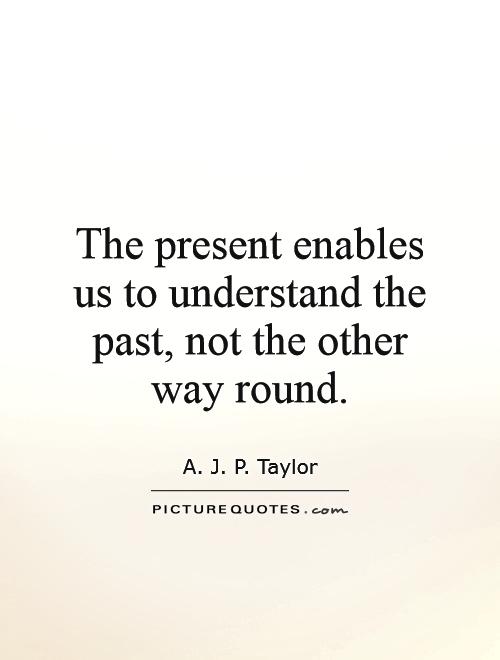
The present enables us to understand the past, not the other way round
A.J.P. Taylor, a renowned British historian, was known for his controversial views and unorthodox approach to history. One of his most famous quotes is, "The present enables us to understand the past, not the other way round." This statement encapsulates Taylor's belief that history should be studied in relation to the present, rather than trying to interpret the present through the lens of the past.Taylor argued that historians should not impose their own biases and preconceptions onto the past, but rather should strive to understand historical events in their own context. By examining the present, historians can gain a better understanding of the motivations and actions of people in the past. This approach allows for a more nuanced and accurate interpretation of history, as it takes into account the complexities and contradictions of human behavior.
Taylor's emphasis on the present as a key to understanding the past is reflected in his own work. He was known for his revisionist interpretations of key historical events, such as the origins of World War I and the appeasement policy of the 1930s. Taylor challenged traditional narratives and sought to uncover the underlying causes and motivations behind these events.
One of Taylor's most controversial works was his book "The Origins of the Second World War," in which he argued that Hitler was not solely responsible for the outbreak of the war. Instead, Taylor contended that the actions of other European powers, particularly Britain and France, played a significant role in creating the conditions that led to the conflict. This revisionist interpretation challenged the prevailing view of Hitler as the ultimate villain of the war and sparked a heated debate among historians.
Overall, A.J.P. Taylor's belief that the present enables us to understand the past has had a lasting impact on the field of history. By emphasizing the importance of studying history in relation to the present, Taylor encouraged historians to approach their work with an open mind and a critical eye. His work continues to inspire new generations of historians to reexamine the past and seek a deeper understanding of the complexities of human history.
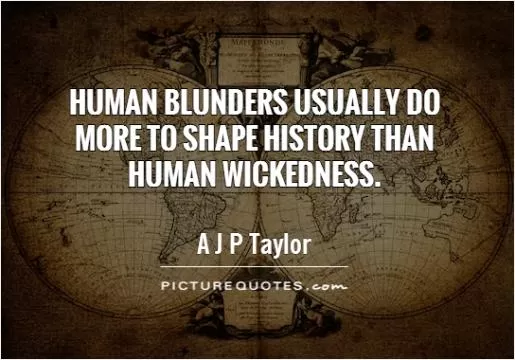



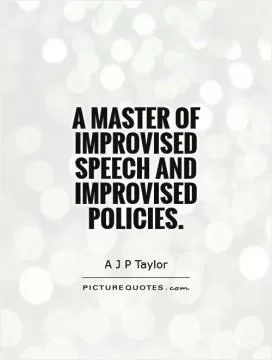
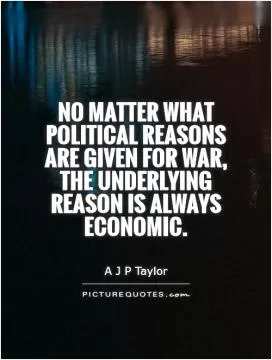
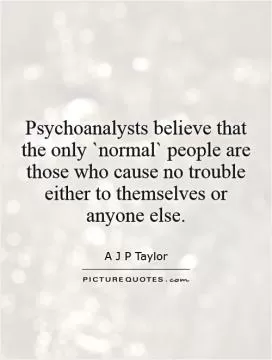
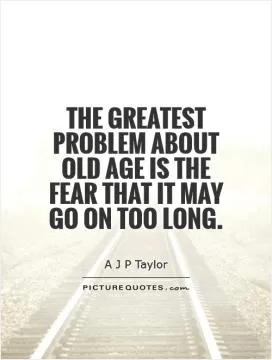

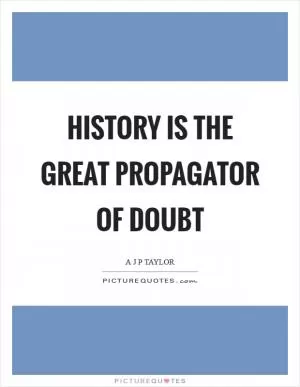
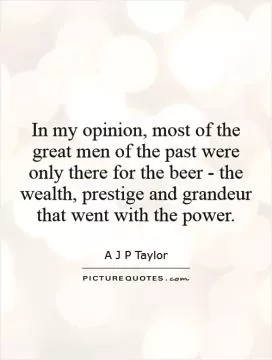
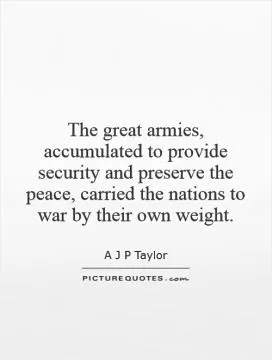
 Friendship Quotes
Friendship Quotes Love Quotes
Love Quotes Life Quotes
Life Quotes Funny Quotes
Funny Quotes Motivational Quotes
Motivational Quotes Inspirational Quotes
Inspirational Quotes